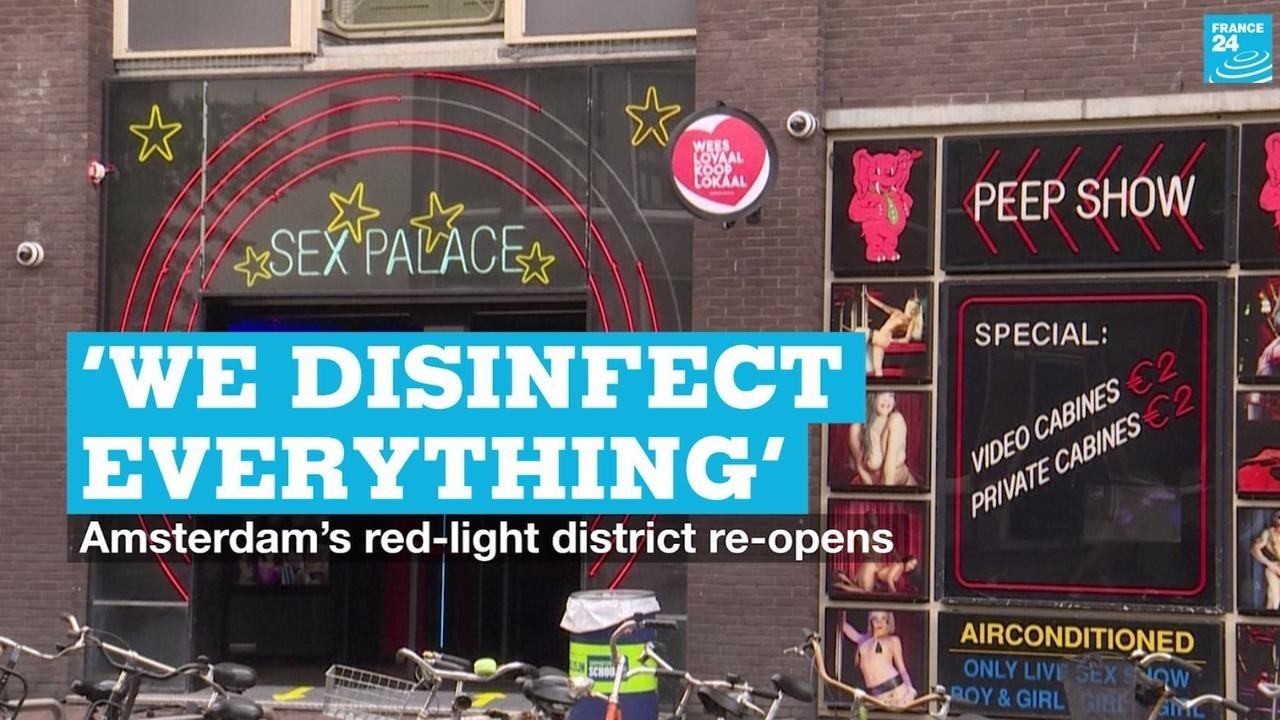Coronavirus: Graduates struggling for job leads amid COVID-19 lockdown uncertainty

On the cusp of entering the world of work, young people are seeing uncertainty engulf their employment prospects.
Elise Lauriot-Prévost, from Lyon, France, has just finished a master’s degree. After sending 50 job applications, she has received little encouragement.
[contfnewc]
[contfnewc]
[contfnewc]
“Especially right now, you are getting the negative responses and you are getting the responses ‘there are no new job adverts anyway’,” said the 22-year-old.
And even when it’s not an outright rejection, there’s still no good news.
“You are getting the responses, ‘thanks for applying, however, because of coronavirus, we are suspending our job hunting and we will let you know when things have moved on’, but none of us know when that will be,” she said.
Prospects for getting a paid traineeship or a short duration contract are also slim.
[contfnewc]
“At this point I (wonder) what field I can even work in. I do not even have anything to do to hold me over until a job in my field, which is very competitive, opens up again. I can not do babysitting, I can not do all the jobs that I usually do, which I have done during school, to be able to earn money,” laments Elise.
Before the pandemic, the average rate for youth unemployment in the EU stood at 15 per cent. In southern EU countries, some of the hardest hit by COVID-19, the figure stood at 30 per cent.
Find new skills
Getting your foot on the ladder by attending job fairs and large recruitment drives is not on the horizon anytime soon, so experts say that is better to take the time to learn some more skills.
“Do not make the mistake of taking a very easy education year just to have an extra year of holiday,” said Jan Denys, communications director of Randstad recruitment agency.
“Really invest in real skills so that after [this] period you will be stronger in the job market, and maybe in one year the situation in the labour market will be much better than it is now.”
EU funding
In the last seven years, the EU invested €9 billion in the Youth Employment Guarantee, which it says has helped 2.4 million young people find work.
One way to beat the economic fallout for young people is to set aside part of the upcoming EU budget.
But the for some MEPs, the funding must come with workers rights attached.
“It should not just be for temporary jobs or traineeships, with too much flexibility, that creates precarity and makes people postpone other plans for their lives,” said Portuguese MEP Sandra Pereira.
“That budget should be strengthened to have work with its corresponding workers’ rights.”
Without serious investment, as well as legal protection to ensure young people are not exploited, the class of 2020 risks becoming the next lost generation.

















